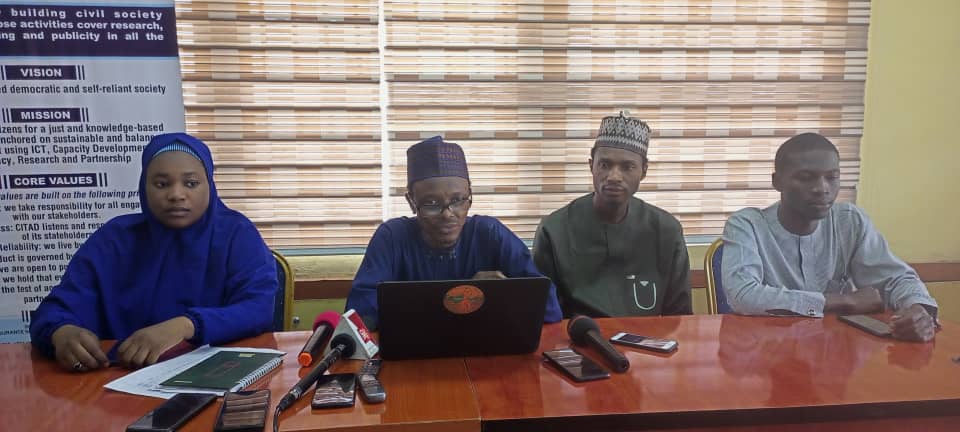
Center for Information Technology and Development (CITAD), has charged the Minister of Communications and Digital Economy, to develop an acceptable and citizens-driven N. ational Policy on Community Networks.
The coordinator, School of Community Networks Malam Haruna Aliyu Hadejia, made the call in Kano.
According to him, bridging the connectivity gap in the country remains futile, due to lack of a national policy to guide their emergence, and supportive environment for communities to leverage various opportunities.
Haruna Aliyu stressed that, supporting the upgrade of community digital centers, by the Universal Service Provision Fund (USPF), across the country would solve the problem, by deploying other models of rollout such as community networks, to compliment market driven rollout.
He said, according to government statistics, only about half of Nigerians have access to the internet, saying that, within the country, an estimated population of over 100 million people, is already left behind and excluded from the benefits of the internet, and other technology advantages.
“The internal dimension of the digital divide is what we as citizens and as a country should stand to address”
The Co-ordinator, pointed out that, in the last two years, CITAD had engaged policy makers especially the Ministry of Communications and Digital Economy, NITDA, NCC and other stakeholders in the country, with the aim of arriving at a consensus, on developing a national policy for community networks.
He charged, sector operators to see community networks, as complementary, not competitors, and support the deployment of accessible and affordable technology or initiative, that would bridge the connectivity gap, in both underserved and unserved areas in the country.
Malam Haruna, appealed to the Nigerian Communications Commission (NCC), to develop guidelines and regulations for the operation of community networks in the country, and to allow communities to access and use TV White Space (TVWS), for the purposes of setting up community networks.
“NITDA to work with communities at grassroots level to drive digital literacy which is critical for the effective utilization of digital technology and which is the foundation upon which the digital transformation agenda of the country”
He reiterated CITAD’s commitment, to collaborating with relevant stakeholders in the telecoms industry, as well as the media, to support the process by adding voice to the call, to bridge the connectivity gap which contributes to the inaccessibility, of service delivery to the populace.
COV/KHADIJAH ALIYU